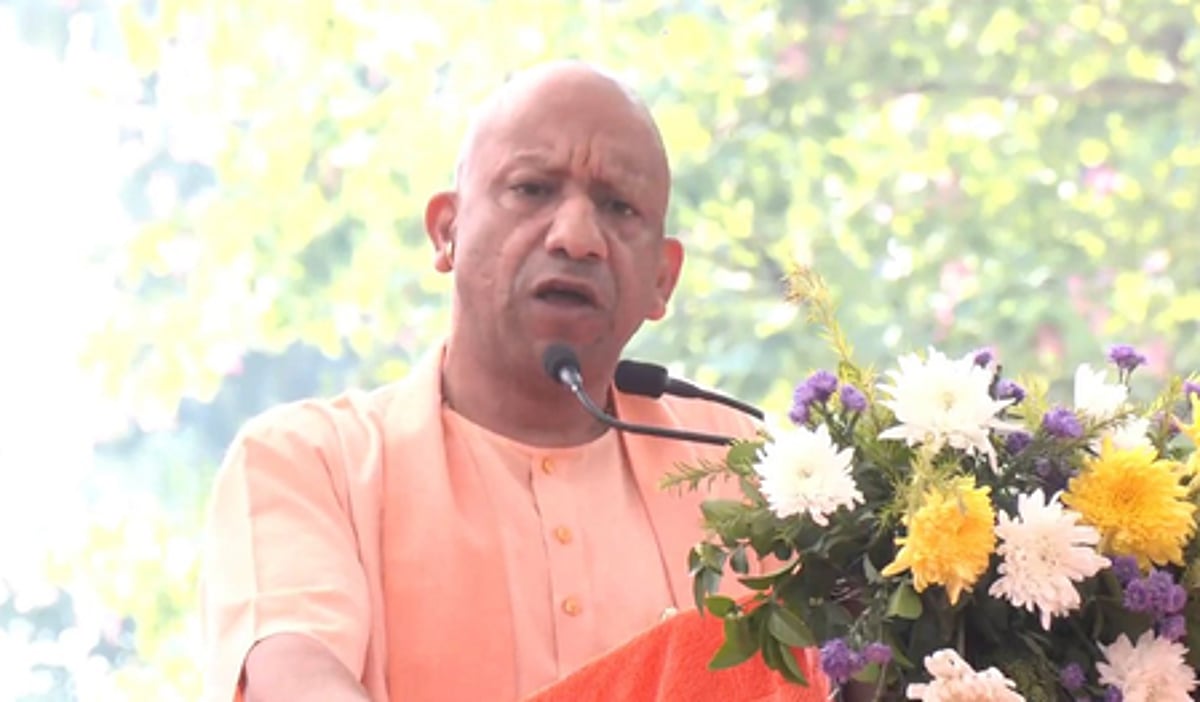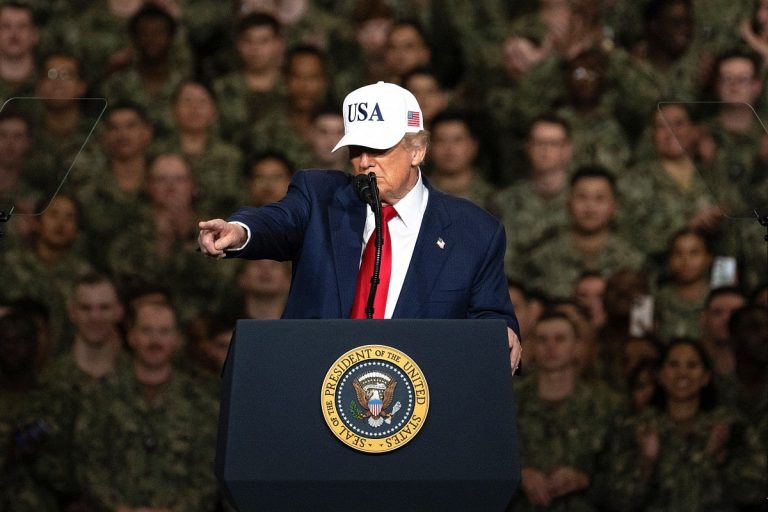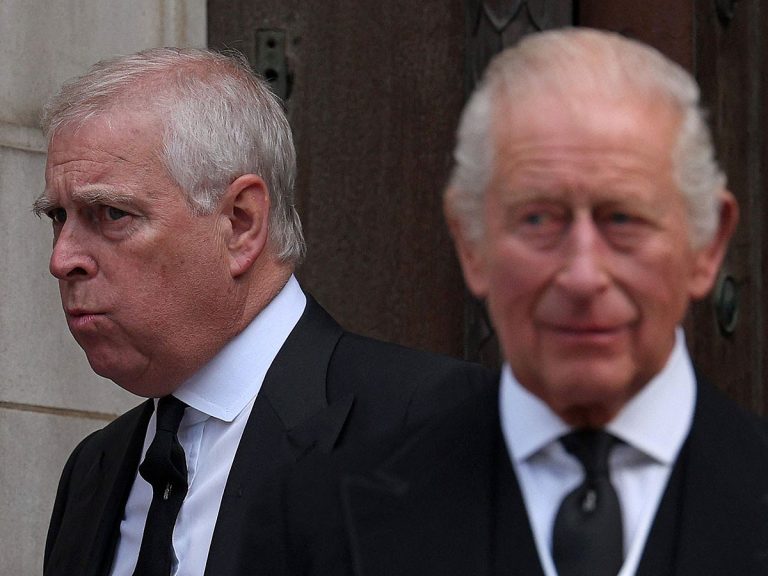Uttar Pradesh Requires ‘Vande Mataram’ in Schools
Uttar Pradesh’s Chief Minister, Yogi Adityanath, has announced a new directive requiring the singing of ‘Vande Mataram’ in all schools and educational institutions throughout the state. This decision comes shortly after Prime Minister Narendra Modi launched a year-long celebration to commemorate the 150th anniversary of the national song, which holds significant historical and cultural importance in India.
The Importance of ‘Vande Mataram’
During an event in Gorakhpur, CM Yogi emphasized the need for respect towards ‘Vande Mataram,’ stating that its compulsory singing would foster a sense of reverence for the nation. He remarked, “There should be a sense of respect for the national song… so that a sense of reverence and respect is invoked in everyone towards Bharat Mata and Matrubhoomi.” This initiative aims to instill national pride and unity among students.
Historical Context
The Chief Minister referenced the historical significance of ‘Vande Mataram,’ noting that it was sung at every Congress session from 1896 to 1922. He pointed out a pivotal moment in 1923 when Mohammad Ali Jauhar, then Congress president, walked out during the song, which he believes contributed to the unfortunate division of India. Yogi suggested that had the Congress respected the song and its symbolism of nationalism, the partition might have been avoided.
Political Commentary
In his address, CM Yogi also criticized the opposition parties for their perceived lack of respect towards national heroes, specifically mentioning the contrasting attendance at events honoring Sardar Vallabhbhai Patel and those celebrating figures like Jinnah. He urged citizens to reflect on the importance of honoring national figures to maintain the integrity of the nation.
Year-Long Commemoration
The announcement aligns with the recent inauguration of a year-long commemoration of ‘Vande Mataram’ by Prime Minister Modi. This celebration aims to honor the song that played a crucial role in India’s struggle for independence and continues to be a symbol of national identity. ‘Vande Mataram’ was originally composed by poet Bankim Chandra Chattopadhyay in 1875 and first published in the literary journal ‘Bangadarshan.’
FAQs
Why is ‘Vande Mataram’ being made compulsory in schools?
The initiative aims to instill a sense of national pride and respect for the country among students, fostering unity and reverence for India’s heritage.
What historical significance does ‘Vande Mataram’ hold?
‘Vande Mataram’ was a key anthem during India’s freedom struggle, symbolizing the fight for independence and national identity.
How will this initiative be implemented in schools?
Details on implementation are yet to be announced, but it is expected that schools will incorporate the singing of ‘Vande Mataram’ into their daily routines or special events.
Conclusion
The decision to mandate the singing of ‘Vande Mataram’ in Uttar Pradesh schools reflects a broader effort to promote national pride and unity among the youth. As the state moves forward with this initiative, it will be essential to monitor its implementation and the responses from educational institutions and the community.
The directive from Chief Minister Yogi Adityanath is part of a larger trend in Indian politics that emphasizes nationalism and cultural identity. Over the past few years, various state governments have introduced measures aimed at promoting national symbols and heritage in educational settings. This initiative aligns with similar efforts across the country to reinforce a sense of belonging and patriotism among younger generations, particularly in the context of India’s diverse cultural landscape.
The singing of ‘Vande Mataram’ in schools may also spark discussions about the role of national anthems and songs in fostering unity in a country marked by regional and linguistic diversity. While proponents argue that such measures can strengthen national identity, critics may raise concerns about the imposition of cultural practices and the potential marginalization of minority voices. The balance between celebrating national pride and respecting India’s pluralistic society will be a critical aspect of the dialogue surrounding this initiative.
As the implementation of this directive unfolds, it will be important to observe how schools adapt to these requirements and the reactions from students, parents, and educators. The effectiveness of such initiatives in achieving their intended goals of promoting unity and respect for the nation will likely be assessed through various metrics, including student engagement and community feedback.
Also Read:
India’s Progress in Mental Health Initiatives and Challenges
New US Visa Guidelines Address Chronic Health Conditions
Indian Student Rajyalakshmi Yarlagadda’s Death Sparks Suppor







